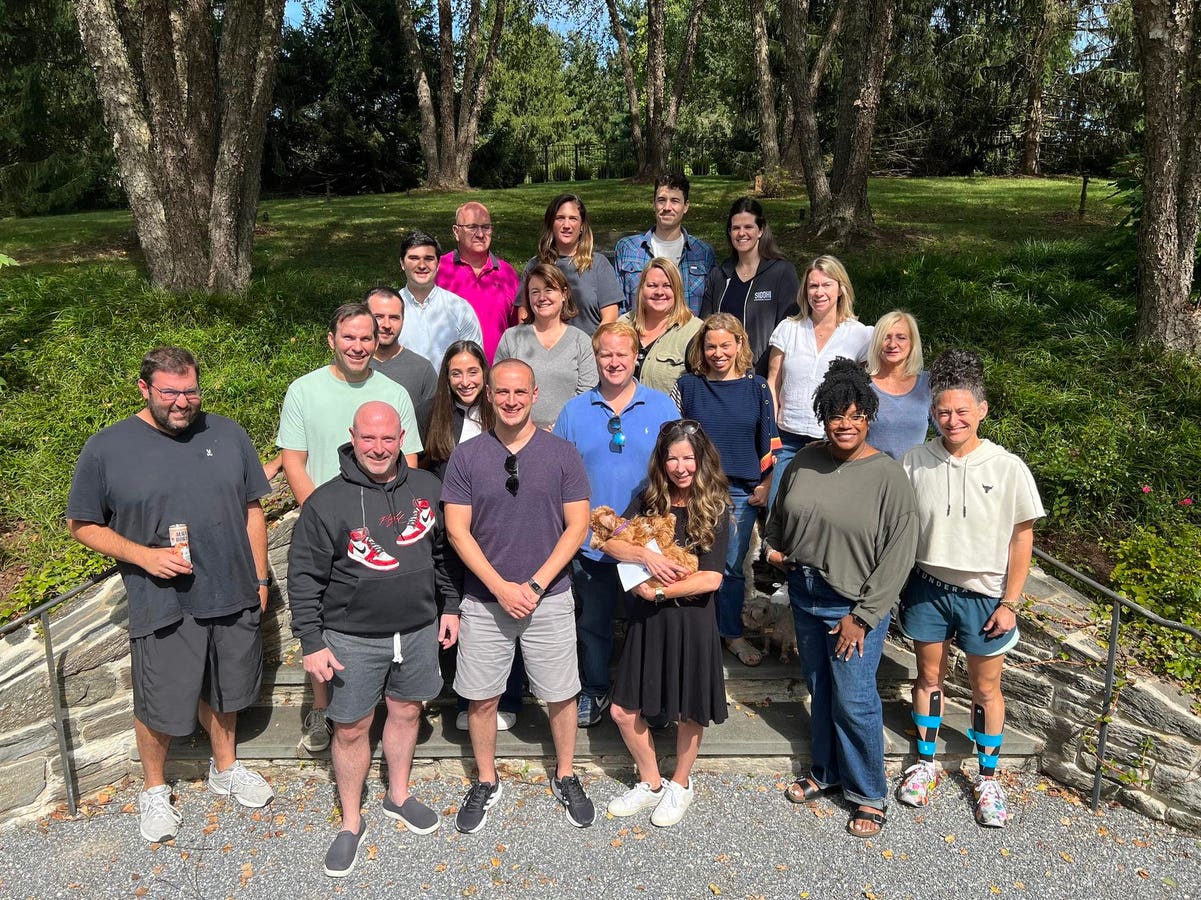
Growth equity firm Siddhi Capital, best known for offering in-house operational expertise to food and beverage brands, has closed its $135 million Fund II, doubling the size of its predecessor fund.
With inflation and high interest rates continuing to loom over a tough fundraising environment for both fund managers and early-stage consumers brands, Siddhi Capital says it plans to “move upstream” in its second fund, investing in fewer and larger CPG deals that have high margin and geared toward generating positive cash flow.
Compared to the venture boom in 2021, the VC landscape is now hitting a rough patch, causing repercussions across startups, many of which had to raise down rounds in 2023.
VC fundraising also saw a record decline last year. According to PitchBook and the National Venture Capital Association, VCs raised $57 billion, 67% below 2022, with 459 firms closing on funds, the lowest fund count since 2013. Analysts note how LPs are now more likely to back funds that have strong historic performance, which resonates with Siddhi Capital.
Facchina said nearly all LPs in Siddhi’s first fund joined the firm’s second raise thanks to their outstanding track record and access to the industry’s most notable deals, which helped further gain trust among new backers.
Changing Metrics For CPG Exits
In addition to having more available liquidity, Siddhi’s evolving investing focus reflects a significant shift among CPG exits, according to Melissa Facchina, who cofounded Siddhi Capital alongside Steven Finn and Brian Finn.
“The metrics for an exit have changed materially, and a vast majority of them are around margin, cash flow positivity, or at least neutrality. Most CPG companies, and particularly food and beverage companies that have perishability can’t get there on low revenue numbers, even if they’re vertically integrated,” Facchina told me recently during an exclusive interview. So instead of targeting companies with a $25-50 million in annual revenue, acquirers are more likely to explore deals ranging from $75-200 million.
In Fund II, two-thirds of Siddhi’s portfolio will be made up of growth-stage businesses in the traditional food and beverage categories with the rest in food technology. The company also aims to expand into adjacent health & wellness, beauty, personal care, pet, and alcohol sectors, where Siddhi will lead the majority of their growth rounds.
According to Facchina, “if we get in at $5 million [in revenue], by the time we’ve deployed our capital and new growth capital has to come in behind us, we will be too heavily diluted to make a difference for the economics of our fund… So in our second fund, we want to come in to lead growth rounds, where there maybe only one additional growth equity investor behind us, if any.”
Problem Specific & Mass Market Viability
Because of its non-traditional start as a JV between the food and beverage portfolio of the Finn family office and Siddhi Ops, Siddhi Capital has invested in about 90 consumer and foodtech deals since it was founded in 2020. In Fund II and beyond, the firm has moved to a traditional private equity model, reducing the amount of companies it invested and substantially increasing the check sizes. Notable portfolio companies include Super Coffee, Cirkul, Magic Spoon, Immi ramen, Mid-Day Squares, and Momofuku — all, Facchina said, have a mass market viability, while solving specific consumer pain points.
“I don’t want to have to convince a consumer, just like I don’t want to convince an investor what to do with a product. I want you to already know how to plug this product into your life,” Facchina said, citing how Magic Spoon and Immi are perfect examples of offering household snacks and meals with amped-up nutrition. “We are not investors in niche products. We are investors in non-intimidating product profiles that solve needs of the everyday mass market consumer.
In a public statement, Gabi Lewis, co-founder of Magic Spoon, comments: “We have many dozens of investors in Magic Spoon, and with a rare combination of deep industry expertise, ‘one-team’ mentality, and long-term strategic perspective, Siddhi is among the most impactful, value-add, and enjoyable to work with.” (Siddhi Capital did not compensate Magic Spoon for the above endorsement.)
Moving forward, Siddhi Capital will continue to be operationally complementary to its portfolio, offering in-house sales strategy, warehousing, logistics, distribution and manufacturing expertise to help its brands reduce costs and improve margins.
Facchina said: “My goal is to build Siddhi into a generational firm that allows us to impact the consumer space in ways that we are uniquely qualified to do by leveraging our in-house team and as a result, make a positive impact on the industry and consumers’ lives.”